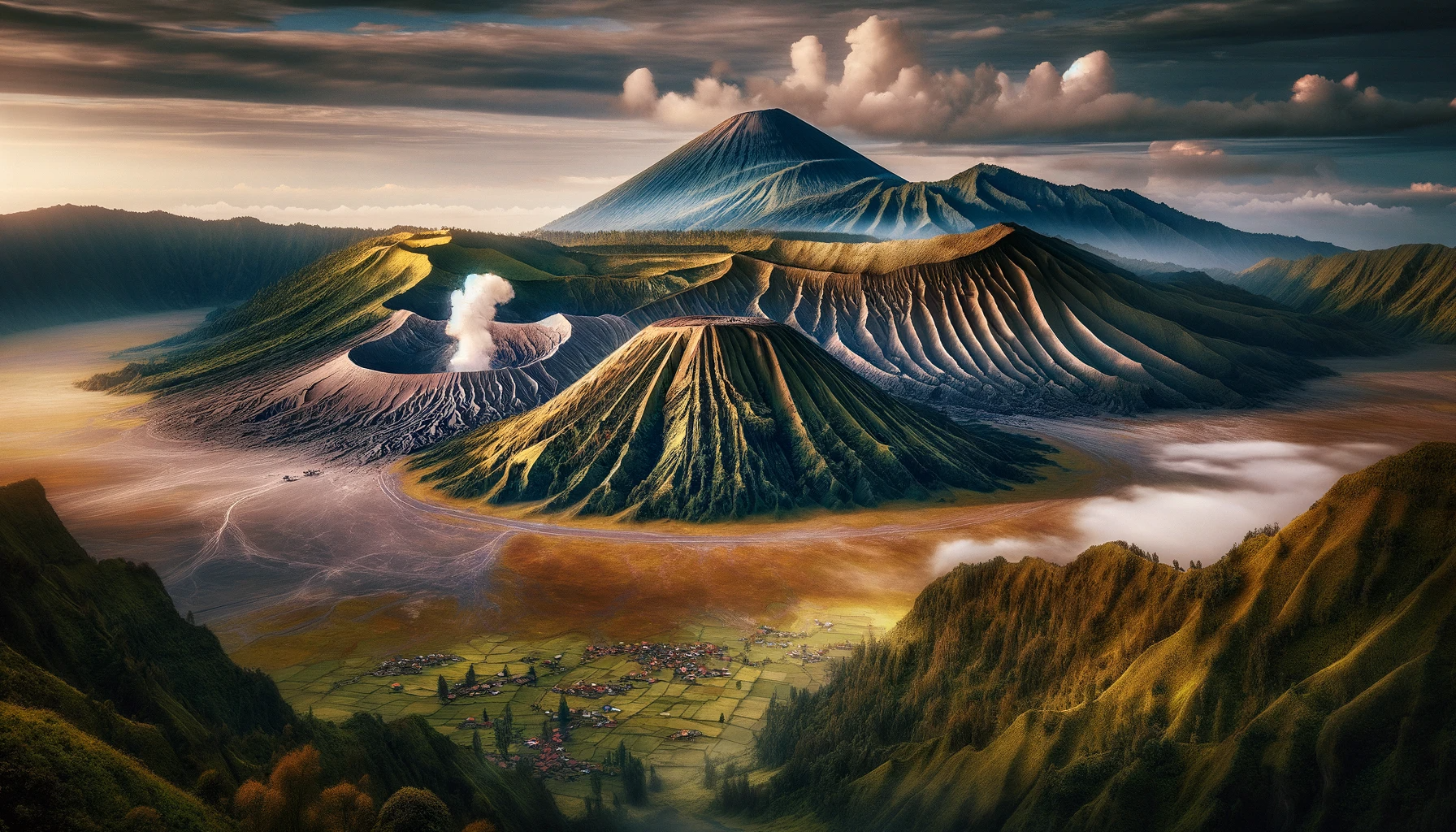Indonesia, an archipelago in Southeast Asia, consists of over 17,000 islands, including Java, Bali, and Sumatra. Known for its lush rainforests, vibrant coral reefs, and diverse cultures, Indonesia is a melting pot of traditions and languages. Landmarks like the Borobudur Temple and Komodo National Park, alongside its famed beaches and volcanic landscapes, make Indonesia a destination of natural beauty and cultural richness.
List of National and Public Holidays for Indonesia, Asia, in the year 2025
- New Year’s Day is on Wednesday, January 1st.
- Isra Mi’raj is on Monday, January 27th.
- Chinese New Year Holiday is on Tuesday, January 28th.
- Chinese New Year is on Wednesday, January 29th.
- Bali Hindu New Year Holiday is on Friday, March 28th.
- Bali Hindu New Year is on Saturday, March 29th.
- Hari Raya Idul Fitri is on Monday, March 31st.
- Lebaran Holiday is from Tuesday, April 1st to Friday, April 4th.
- Lebaran Holiday is on Monday, April 7th.
- Good Friday is on Friday, April 18th.
- Easter Sunday is on Sunday, April 20th.
- Labour Day is on Thursday, May 1st.
- Waisak Day is on Monday, May 12th.
- Waisak Day Holiday is on Tuesday, May 13th.
- Ascension Day of Jesus Christ is on Thursday, May 29th.
- Ascension Day of Jesus Christ Holiday is on Friday, May 30th.
- Pancasila Day is on Sunday, June 1st.
- Idul Adha is on Friday, June 6th.
- Idul Adha Holiday is on Monday, June 9th.
- Islamic New Year is on Friday, June 27th.
- Independence Day is on Sunday, August 17th.
- Prophet Muhammad’s Birthday is on Friday, September 5th.
- Christmas Day is on Thursday, December 25th.
- Christmas Holiday is on Friday, December 26th.
*Please note that this list may be subject to change.
Indonesia: A Kaleidoscope of Islands, Cultures, and Traditions
Introduction
Indonesia, the world’s largest archipelago, is a country of incredible diversity and natural beauty. With over 17,000 islands, it’s a mosaic of distinct ethnic groups, languages, and ecosystems. This article explores the multifaceted aspects of Indonesia, from its ancient heritage to its dynamic present.
Historical Overview
Indonesia’s history is marked by diverse influences, from Hindu and Buddhist kingdoms, like the Majapahit and Srivijaya empires, to centuries of Islamic sultanates. The arrival of European colonial powers, particularly the Dutch, reshaped its political landscape. Indonesia declared independence in 1945, led by founding fathers Sukarno and Mohammad Hatta, after centuries of Dutch colonial rule.
Geographical Expanse
Straddling the equator, Indonesia spans a vast area in Southeast Asia and Oceania. Its landscape is incredibly varied, featuring volcanic mountains, tropical rainforests, and extensive coastlines. Notable geographical features include the islands of Java, Sumatra, Bali, Kalimantan (Borneo), Sulawesi, and Papua.
Cultural Richness
Indonesia’s cultural diversity is immense, with over 300 ethnic groups and 700 languages. Traditional arts, including dance, music, and puppetry (wayang), are integral to Indonesian culture. The country is predominantly Muslim, but religious and cultural practices vary significantly across regions.
Economic Landscape
The Indonesian economy, the largest in Southeast Asia, is a mix of agriculture, manufacturing, and services. Key sectors include oil and gas, textiles, and tourism. The country is known for its rich natural resources, including palm oil, coffee, and spices.

Political Framework
Indonesia is a democratic republic with a president as the head of state and government. Its political landscape has evolved from authoritarianism to democracy, with ongoing challenges in governance and regional autonomy.
Societal Dynamics
Indonesia’s society reflects its ethnic and cultural diversity. Urbanization and economic development have brought significant changes, yet traditional values remain strong. The nation faces challenges like environmental sustainability, economic inequality, and infrastructure development.
Arts and Literature
Indonesian arts are as diverse as its culture, with traditional batik fabric, intricate woodcarvings, and vibrant festivals. Indonesian literature has gained international recognition, with authors like Pramoedya Ananta Toer and Eka Kurniawan.
Natural Beauty and Tourism
Indonesia’s natural beauty, from the beaches of Bali to the jungles of Sumatra, attracts tourists worldwide. Ecotourism and adventure travel are growing sectors, offering experiences like diving in Raja Ampat and visiting the Komodo National Park.
Global Role and Relations
As a member of ASEAN and G20, Indonesia plays a significant role in regional and global affairs. It navigates complex dynamics in international trade, environmental issues, and geopolitical relations.
Conclusion Indonesia, a nation of remarkable diversity and resilience, continues to evolve and grow. Balancing its rich cultural heritage with modern development challenges, it remains a vibrant and significant player in Southeast Asia and the world.

